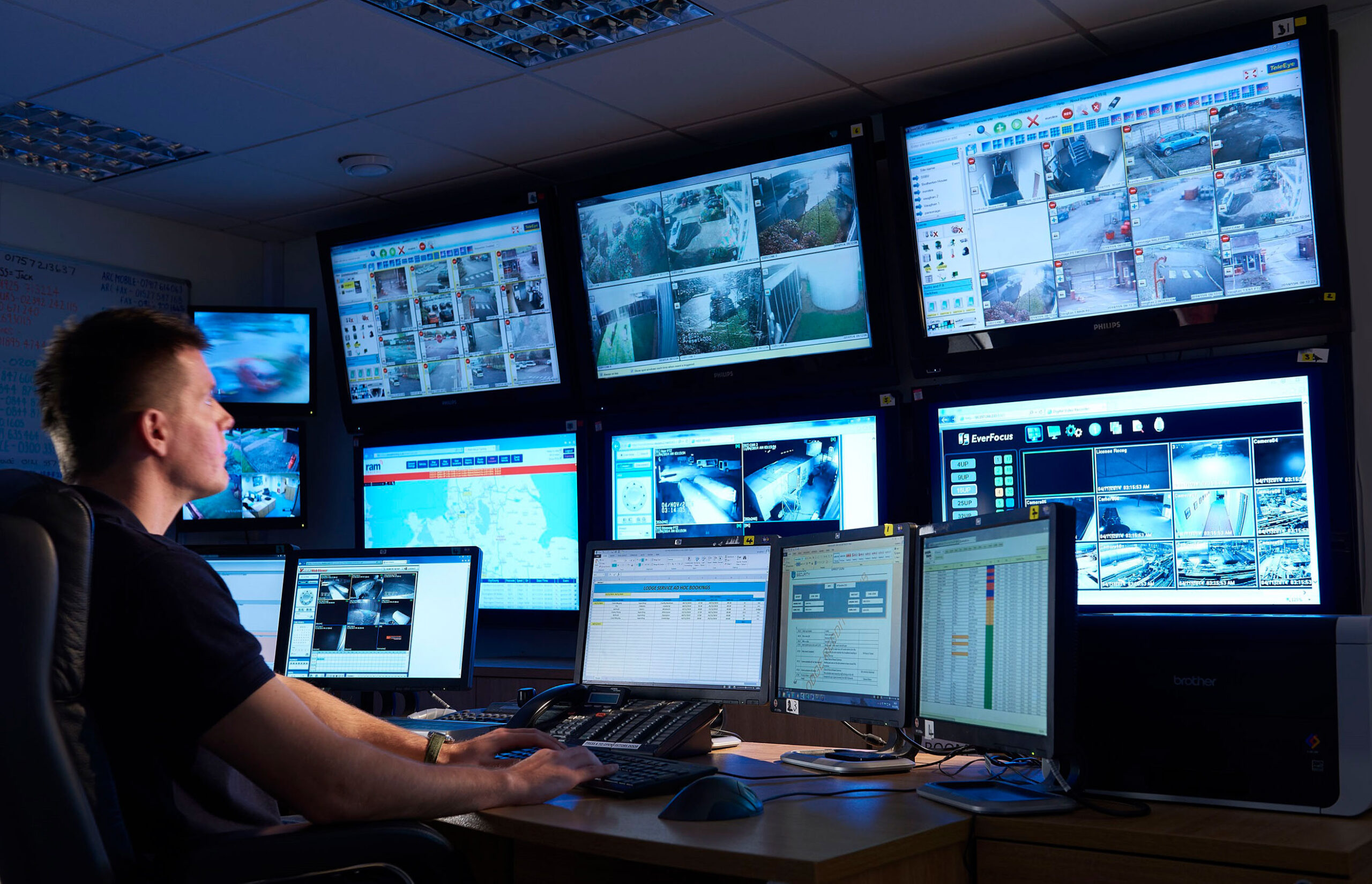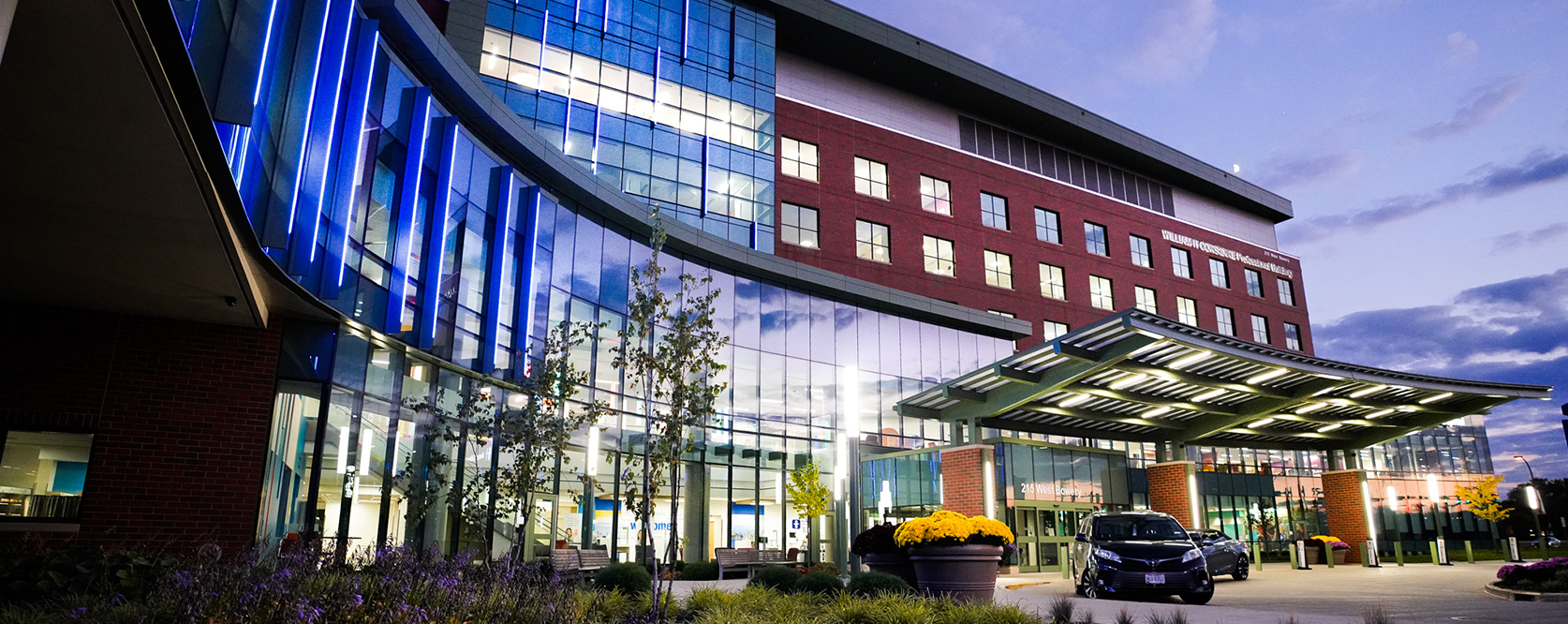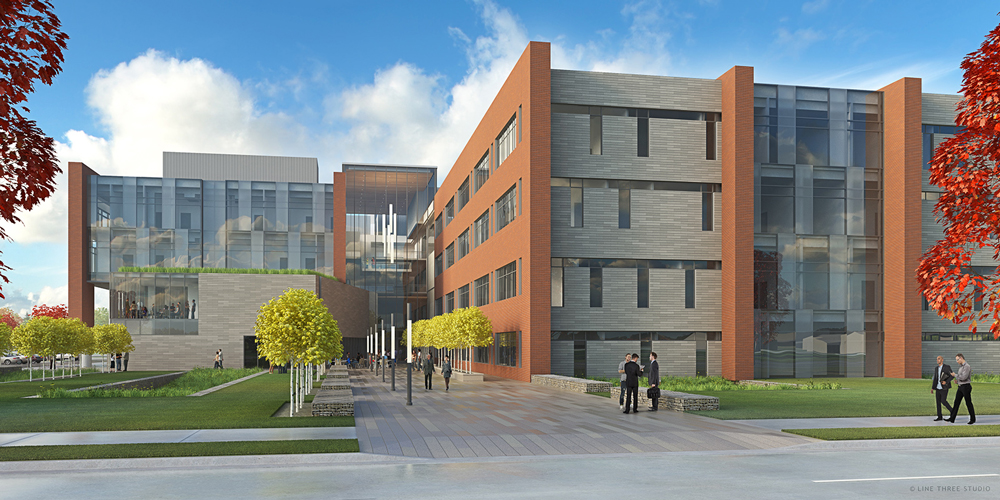Security Guide for Healthcare Facilities
Healthcare facilities present unique security challenges due to their nature as open, accessible institutions that simultaneously handle sensitive information and vulnerable individuals. This guide explores the multifaceted approach required to secure these environments effectively while maintaining their essential function as places of healing and care.

The Need for Security in Healthcare
The security needs of healthcare facilities are diverse and complex. These institutions must protect patients and staff from potential violence, safeguard sensitive medical information, prevent theft of drugs and equipment, and ensure the safety of vulnerable patients, such as infants and those in mental health units. The open nature of these facilities, with multiple entry points and a constant flow of people, creates a challenging security landscape. However, a well-implemented security strategy not only protects assets but also contributes to a sense of safety that is essential for effective healthcare delivery. Balancing these security needs with the requirement to maintain an open, welcoming environment is a key challenge for healthcare administrators and security professionals.
Physical Security Measures
The first line of defense in healthcare security often begins at the facility's entrances. Modern healthcare facilities employ a range of technologies to manage access effectively while maintaining a welcoming atmosphere. Electronic access control systems using key cards or biometric data are increasingly common, allowing for precise control over who can enter specific areas of the facility. Visitor management systems help track and control guest access, ensuring that all individuals within the facility are accounted for. Security personnel stationed at main entrances provide an additional layer of security and can assist with directing visitors and managing potential security issues.
Comprehensive video surveillance is crucial in healthcare settings, serving multiple purposes beyond simple monitoring. Camera systems not only help deter and detect suspicious behavior in public areas but also provide valuable visual records for incident investigations. The presence of visible cameras can often prevent security incidents before they occur. Modern surveillance systems often incorporate artificial intelligence for advanced threat detection and real-time alerts, allowing security personnel to respond quickly to potential issues.
Within healthcare facilities, certain areas require additional security measures due to the sensitive nature of their contents or the vulnerability of the patients they serve. These areas may include pharmacies and drug storage areas, pediatric and neonatal units, mental health wards, and research laboratories. Access to these areas is typically restricted to authorized personnel and monitored closely through a combination of physical barriers, electronic access controls, and surveillance systems. The goal is to create layers of security that protect these sensitive areas without impeding the work of authorized staff.
SSM Health Deploys Safe Hospitals Ecosystem
Technological Solutions
Modern healthcare security often relies on integrated systems that combine various security elements into a cohesive whole. These systems typically include access control, video surveillance, alarm systems, and communication networks, all managed from a central point. This integration allows for more effective security management, enabling rapid response to incidents and providing a comprehensive view of the facility's security status at any given time.

Quick response capabilities are essential in healthcare settings, where emergencies can escalate rapidly. Advanced systems may include features such as one-button lockdown capabilities, allowing for rapid implementation of facility-wide security measures in case of a major incident. Panic buttons integrated with video feeds can provide immediate situational awareness to security personnel, while mass notification systems ensure that staff and patients can be quickly informed and directed during emergencies.
In the digital age, protecting patient data is as crucial as physical security. Healthcare facilities must implement robust cybersecurity measures to safeguard electronic health records and comply with regulations like HIPAA. This involves maintaining secure networks and firewalls, encrypting sensitive data, and conducting regular security audits and updates. The challenge lies in balancing the need for data security with the requirement for quick, easy access to patient information by authorized healthcare providers.
Specialized Security Concerns
Protecting vulnerable patients, especially infants and children, requires specialized security measures in healthcare settings. Many facilities employ electronic tagging systems for newborns to prevent abductions, restrict access to pediatric units, and implement strict parent-child matching protocols to prevent mix-ups or unauthorized removals. These measures must be implemented in a way that doesn't interfere with the bonding between parents and children or the delivery of medical care.
Mental health units present their own unique security challenges. These areas often require special design considerations to minimize self-harm risks, such as removing potential ligature points and using shatterproof materials. Staff in these units typically receive specialized training in de-escalation techniques to manage potentially volatile situations. Enhanced monitoring systems are often employed to ensure patient safety while respecting their privacy and dignity.
SSM Health Deploys Safe Hospitals Ecosystem
Staff Training and Security Culture
Effective security in healthcare facilities relies heavily on well-trained staff who are alert to potential issues and know how to respond appropriately. Regular security awareness training for all employees is essential, covering topics such as identifying suspicious behavior, proper response to security incidents, and the importance of maintaining confidentiality. Specific training for handling difficult situations or violent individuals is particularly important for staff in high-risk areas such as emergency departments. Beyond formal training, healthcare facilities should strive to foster a culture of security awareness among all staff members, encouraging them to be proactive in identifying and reporting potential security concerns.




